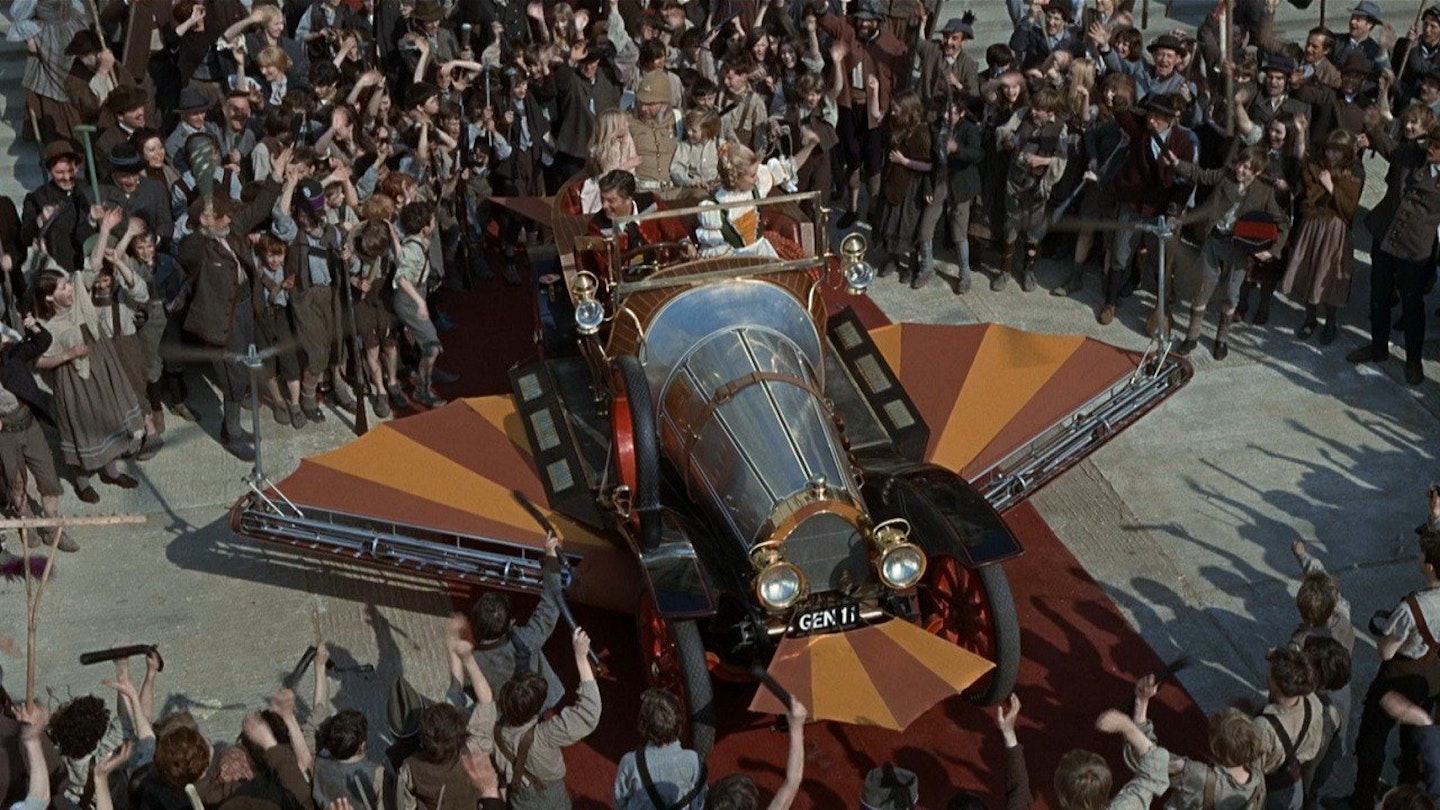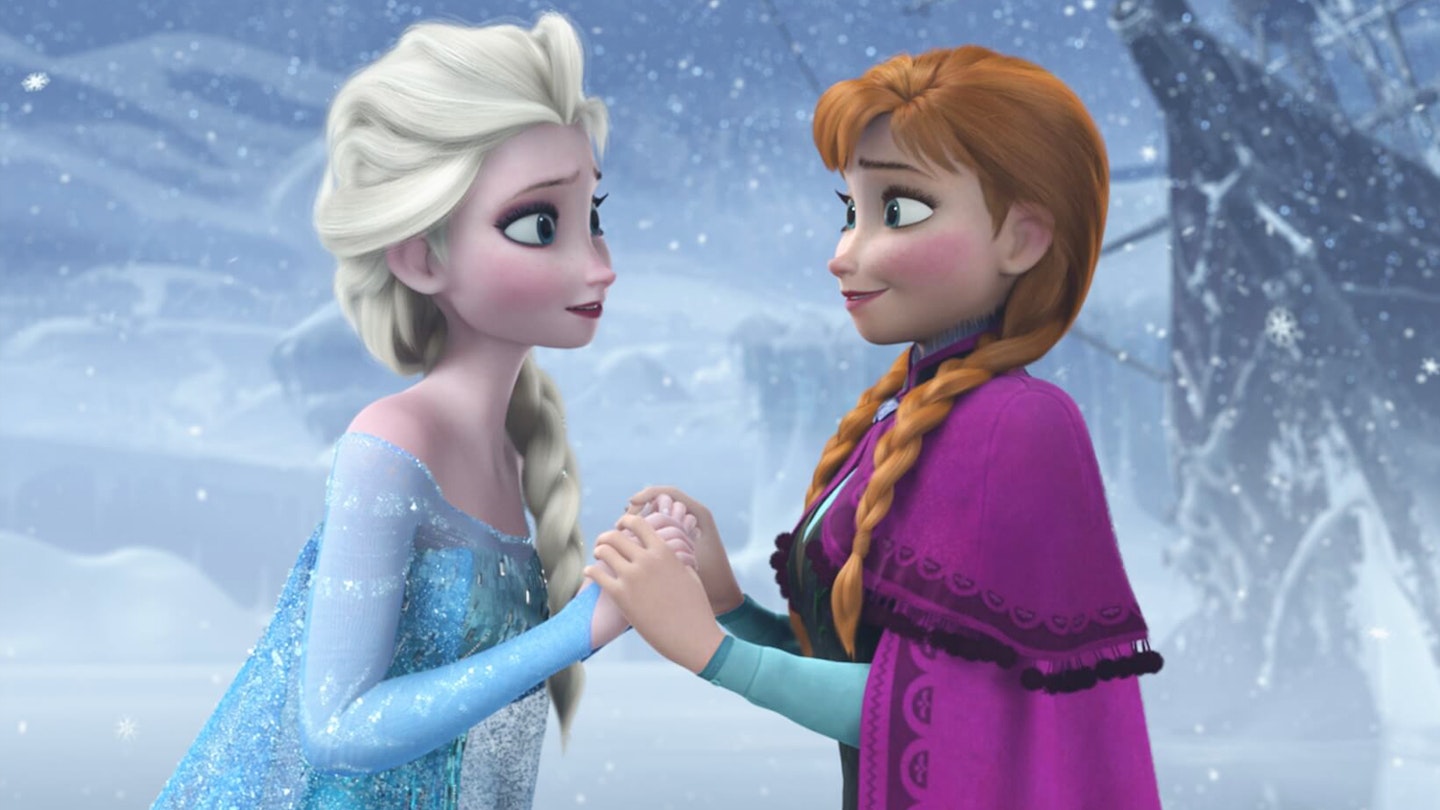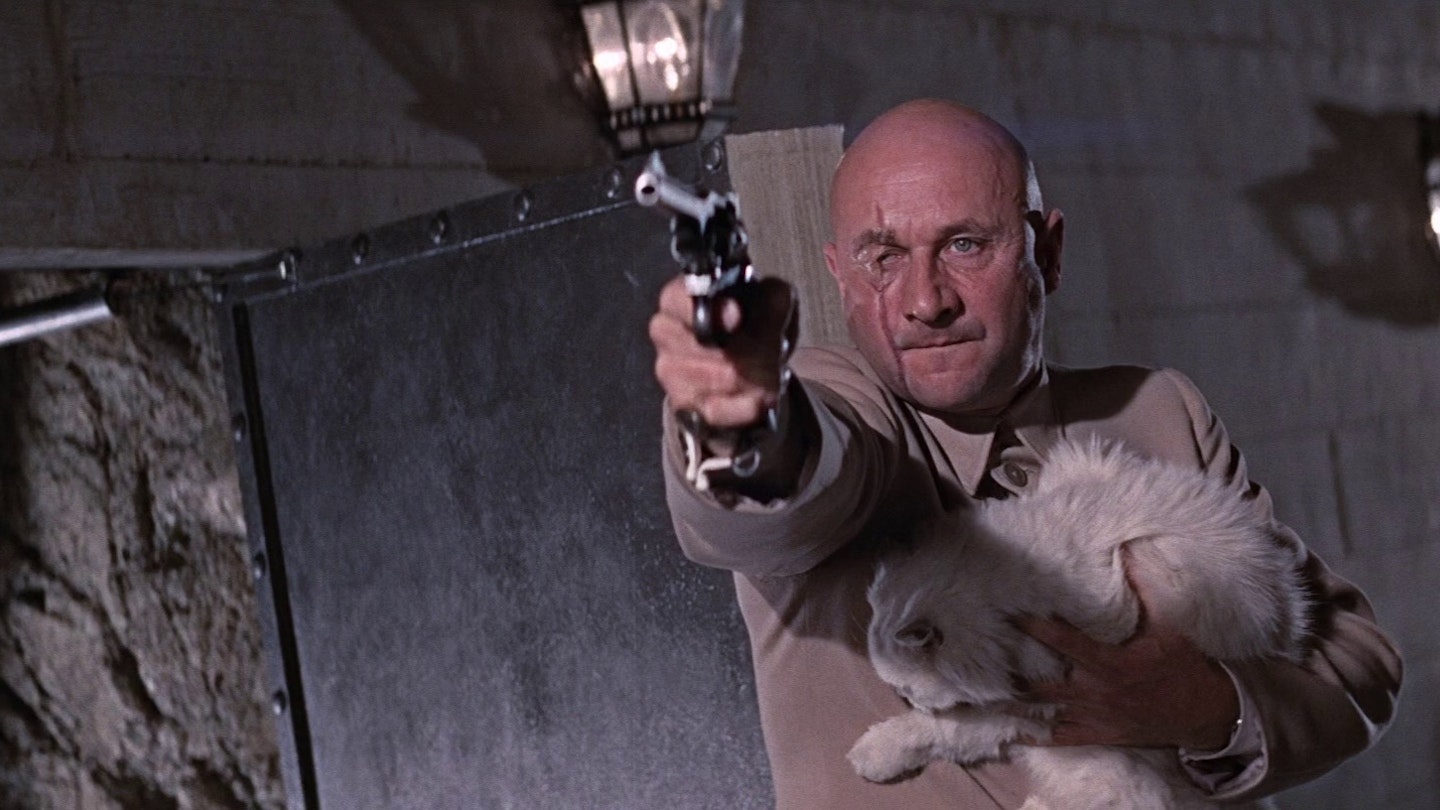This justly celebrated and ever-faithful kids movie works so well because it possesses a good deal of everything: light, catchy musical numbers; madcap technology; fairy-tale kingdoms; cheeky, adult-mocking comedy; and genuine scariness. It’s an object lesson for purveyors of young cinema — be silly, be clever, but always, no matter how much nonsense is on show, be real.
Divided into two near-equal halves, we begin watching the slow birth of Chitty, a car with hidden secrets, that manages to not only bring pretty aristocrat Sally Ann Howes into the orbit of eccentric single father Dick Van Dyke, but also whisk them off on an adventure into a Germanic backwater run by the demented, but really rather loveable Gert Frobe (who’d made his name as prime Bond villain Goldfinger). And there are those songs to keep things buzzing, Disney-esque ditties that have a calming quality on the breezy mayhem. It’s always a surprise, no matter how many times the film is revisited, how anchored it feels. At the heart, it is about forming a family.
The second half, where the car, to be fair, takes a back seat, is pure fantasy. In this tinpot realm, where Frobe’s babyish mindset has banned children and demanded that his disconsolate people provide him with magnificent toys for his birthday. Growing up, hereabouts, is something youngsters do not adults. Naturally, he’s got his sights set on Chitty, and has sent out his child catcher to capture Caractacus’ bleating kids. Robert Helpmann’s Dickensian’ snatcher, crooked top hat and protruding nose, taps such a primal vein, he has become an iconic emblem of a child’s latent fear; the bogeyman of a million nightmares. He’s almost too much, but the film triumphs with a riotous crescendo, as hidden packs of urchins are freed to bring everything crashing down the upper classes’ idiotic ears — the film is interestingly class critical.
A vivid, splendid ride, director Ken Hughes washes the tale in primary colours, delicious scenery and an easy eccentricity. The names alone — Caractacus Potts, Truly Scrumptious, Baron Bomburst — carry the kind of rich, onomatopoeic tickle of Roald Dahl, who not coincidentally lent a hand with the screenplay.


